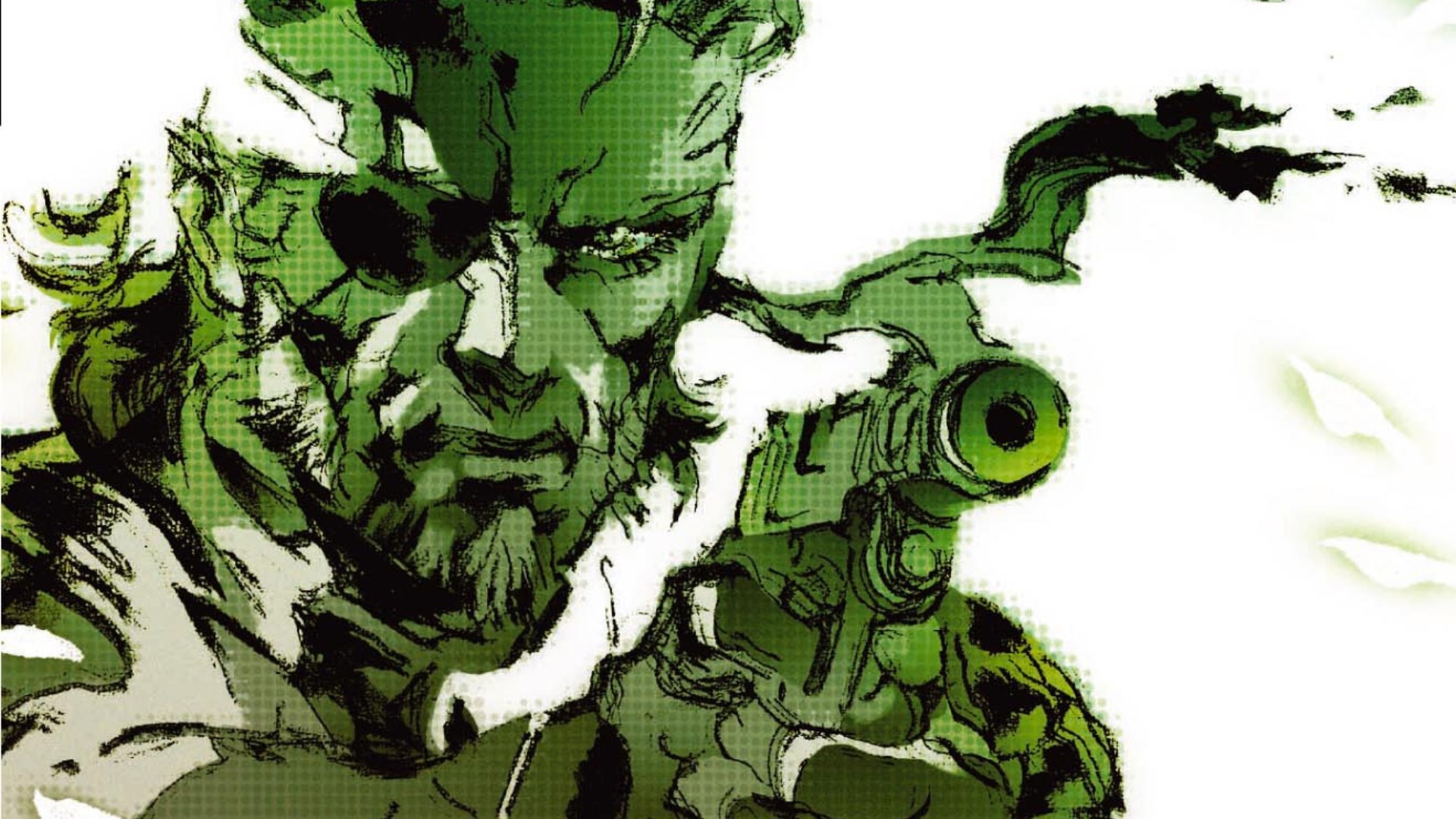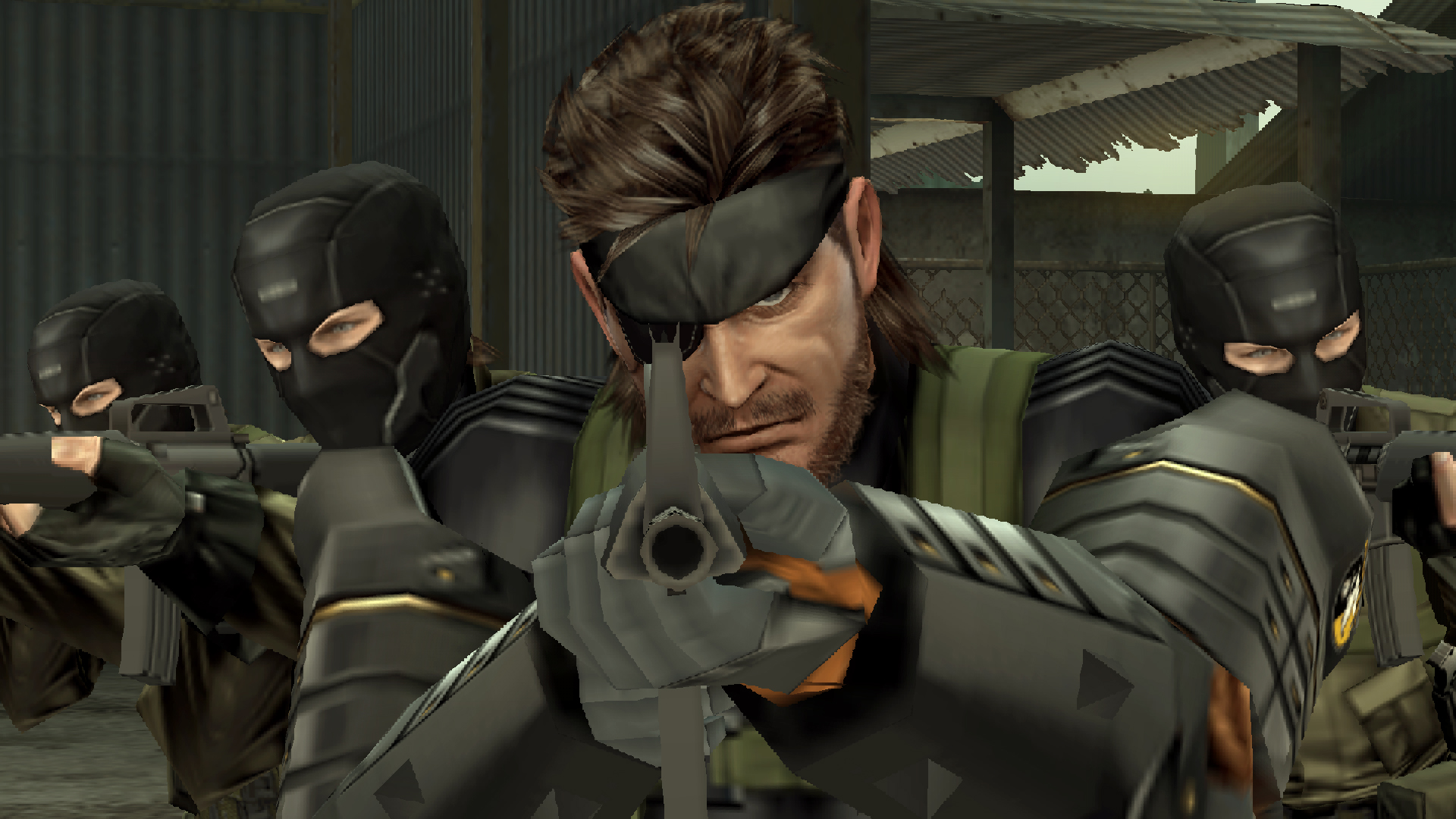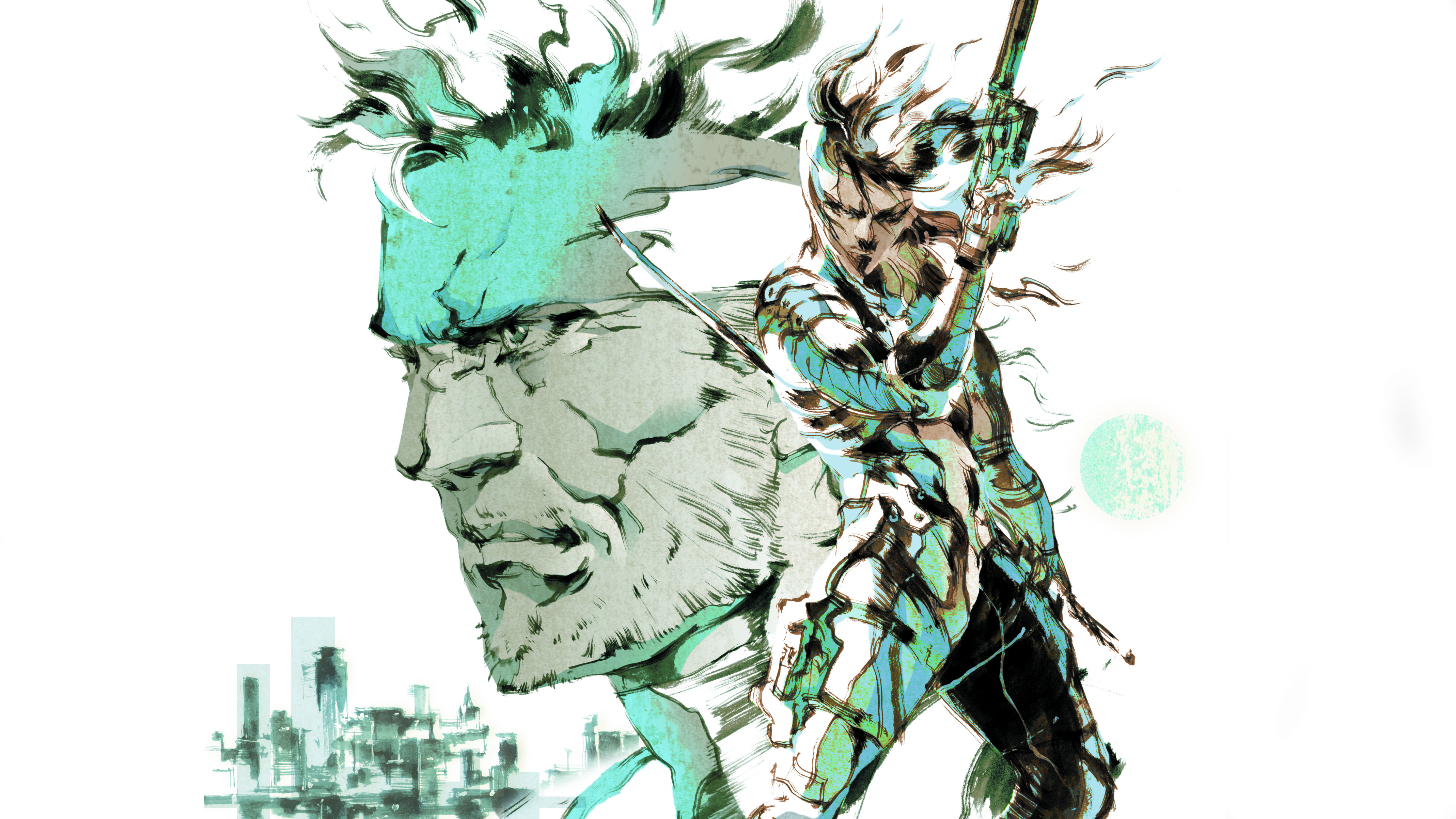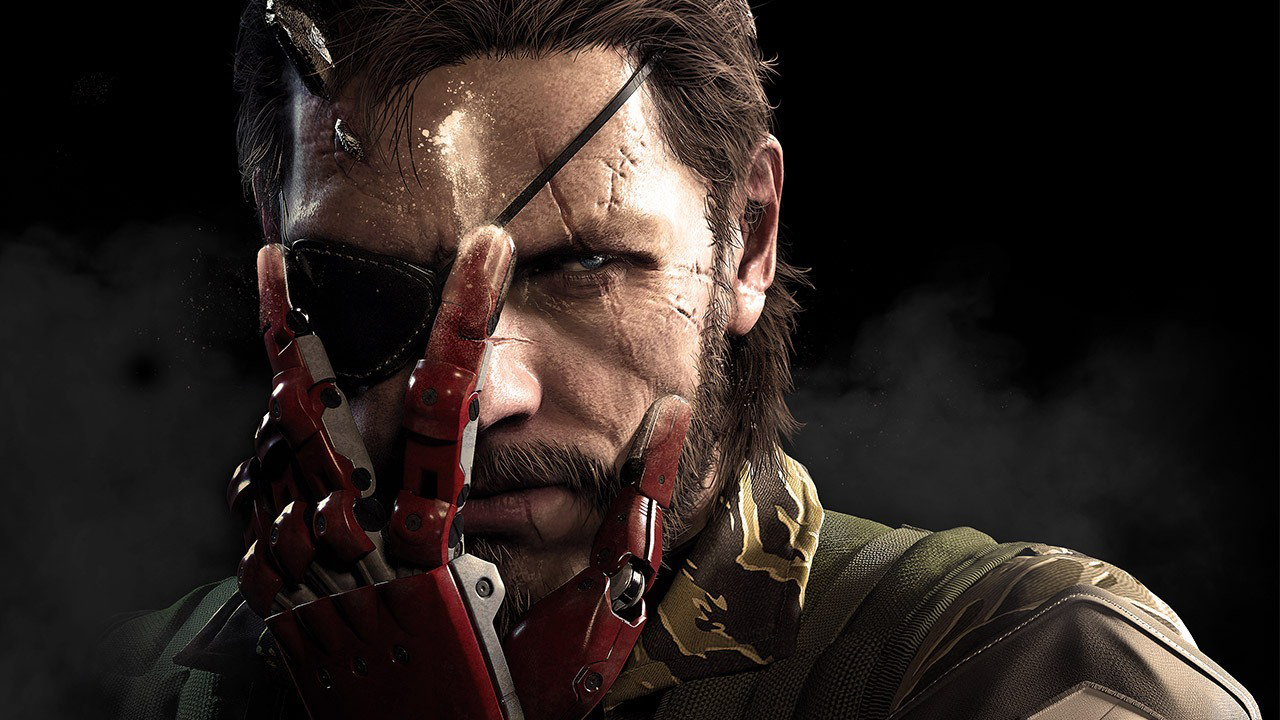Why a Metal Gear Solid animated TV series is the best way to recapture Kojima’s magic
A Metal Gear Solid movie is in the works, but Jordan Vogt-Roberts’ *other* project sounds even more promising

With the Metal Gear franchise seemingly lying dormant on consoles, it falls to the entertainment world – and Kong: Skull Island director Jordan Vogt-Roberts – to bring Hideo Kojima’s seminal espionage series back to prominence.
Vogt-Roberts is already hard at work on a Metal Gear Solid movie. He’s even gone as far as paying for Snake-heavy concept art out of his own pocket in the hopes of bringing it to the big screen. However, the director has also teased something potentially far more intriguing: a Metal Gear animated series involving the original cast, including bringing back David Hayter as Snake.
We can debate the merits of Metal Gear Solid as a movie – and video game movies in general – for as long as it takes to finish an exposition-heavy Kojima cutscene, but it’s the prospect of an animated series that feels most promising. It’s not only the best means of adapting the 1998 PlayStation original – it might even improve upon it too.

Metal Gear Solid is so many things: complex, thought-provoking, full of subversion, and a true meshing of genres. It’s at times flabby and fraught with distracting tangents about power, politics, and pop culture, yet it’s undeniably unique.
To stay true to Kojima’s unwieldy vision, some breathing room is required. Any director would struggle to fit MGS' sprawling story and colourful cast of crazy characters into a single movie. Stuff too much in and you risk creating a movie filled with the one-dimensional larger-than-life caricatures, the same types that Kojima himself rejected in the 1990s.
It’s therefore a matter of time. Quite literally. An average blockbuster runs at around two hours. An animated series of, say, 12 episodes of 22 minutes (with future seasons if required) is nearly double that. Neither will quite encapsulate the multi-faceted, layered conversations about everything from nuclear disarmament to Japanese cultural deep cuts that Solid Snake and members of terrorist group FOXHOUND partake in, but the latter certainly provides a longer, more explorative canvas on which to paint.
Sticking within a time limit, though, also has its benefits. By adapting Metal Gear Solid, a work mostly untouched for 15 years, there's an opportunity for refinement. The chance to return to Kojima’s work and give it a slight tweak and edit is almost sacrilegious but it’s a necessary evil in places.
Sign up for the Total Film Newsletter
Bringing all the latest movie news, features, and reviews to your inbox
Certain sections can be cut. Pant-wetting Otacon feels like a relic of another era, for example. Other interactions, though, can be elaborated upon. Liquid and Solid Snake’s relationship is only ever hinted at and almost requires some form of greater exploration. Flashbacks, a later nostalgia-heavy device used in Guns of the Patriots, could also be fleshed out. In essence, this could be the definitive Metal Gear Solid experience, tidied up for the 2020s.

There’s even the ability to up the ante on the action in a way only partially glimpsed in the original and, later, in The Twin Snakes, a re-release for GameCube with added scenes and new features, including bullet time and anime-style action. While some fans decried the additions, the overall consensus was that the changes ultimately fit in with the tongue-in-cheek, absurdist world Kojima’s characters inhabit.
Animation as a medium can also take things further; it taps into artists' unlimited potential and imagination insomuch as if you can think about it, you can frame it, draw it, and animate it. Where a movie can be held back by VFX budgets and a PlayStation 1 game by the limited technologies of the time, an animated series has carte blanche to offer the sort of creative freedom that the series, arguably, has never really had despite its charismatic auteur’s best intentions.
You only have to look across at the Castlevania Netflix series to see how the approach can pay dividends. Castlevania has taken a concept – feuding vampires – that could look cheesy and goofy in the cold light of a live-action remake, and instead imbues it with a sexy, stylish energy that pays respect to its roots while reinventing the story for a new audience. It could be the same for Metal Gear Solid.
It’s no coincidence, too, to see the likes of Cuphead and Watch Dogs also being made into animated shows in the near future. Hopefully, this will lead to genuinely great video game adaptations becoming the norm, not the outlier, and will see the hidden corners of these worlds – the ones often relegated to side stories, comic books, and spin-offs – getting a second look-in.

The fact Vogt-Roberts want to re-introduce the same voice cast, though, is perhaps the most appealing aspect. After all, Metal Gear Solid isn’t just Hideo Kojima. It’s David Hayter’s gruff bewilderment; it’s Cam Clarke’s wonderfully duplicitous performance; it’s Paul Eiding’s stoic, matter-of-fact Roy Campbell. Without them, it’s not quite Metal Gear.
While casting popular fictional (or real-life) figures in movies is never perfect, it’s perhaps especially jarring in a series that has already seen its fair share of vocal controversies, given David Hayter’s departure from the series before Metal Gear Solid 5: The Phantom Pain, to be replaced by Hollywood star Kiefer Sutherland.
Reuniting the cast helps gift the animated series the verisimilitude so desperately needed in a franchise that is held dear by so many. That safety net would not only shield it from disgruntled fans but also provide a solid foundation on which to experiment and expand upon the core story. It’s new and old: the best of both worlds.
Could a movie work? Sure. But it’s perhaps not the ideal way to retell this story. The movie business is prone to the sort of dilution that would remove what makes Metal Gear, well, Metal Gear. An animated series may not be a perfect one-to-one analogue, but the form would certainly have greater scope to try and build upon and breathe new life into a series that, for now, has been relegated to Pachinko machines and anniversary posts.
I'm the Senior Entertainment Writer here at GamesRadar+, focusing on news, features, and interviews with some of the biggest names in film and TV. On-site, you'll find me marveling at Marvel and providing analysis and room temperature takes on the newest films, Star Wars and, of course, anime. Outside of GR, I love getting lost in a good 100-hour JRPG, Warzone, and kicking back on the (virtual) field with Football Manager. My work has also been featured in OPM, FourFourTwo, and Game Revolution.



